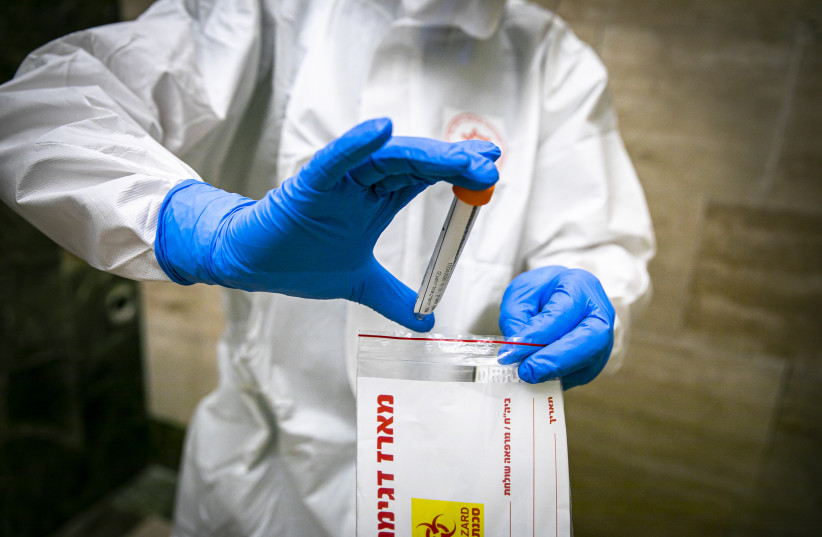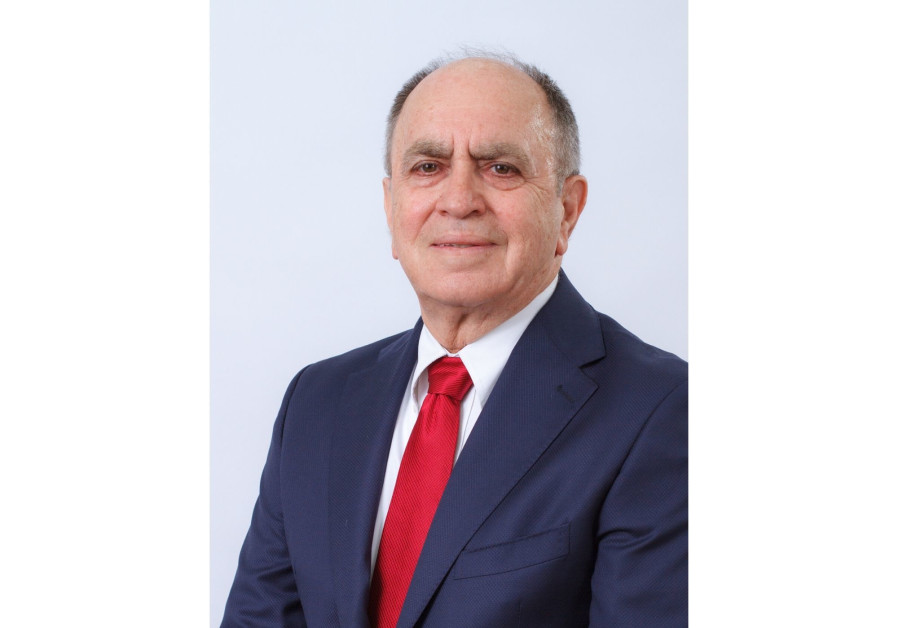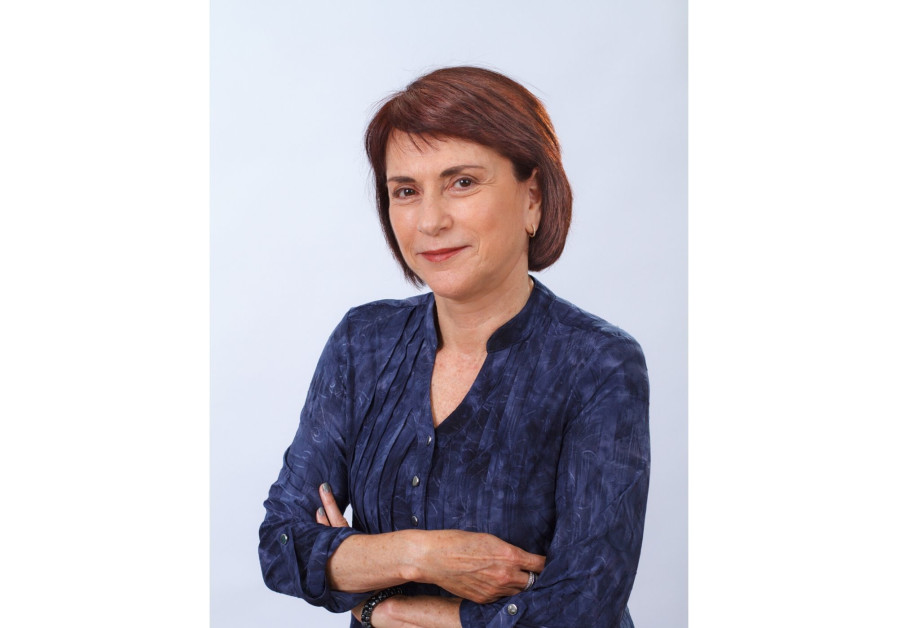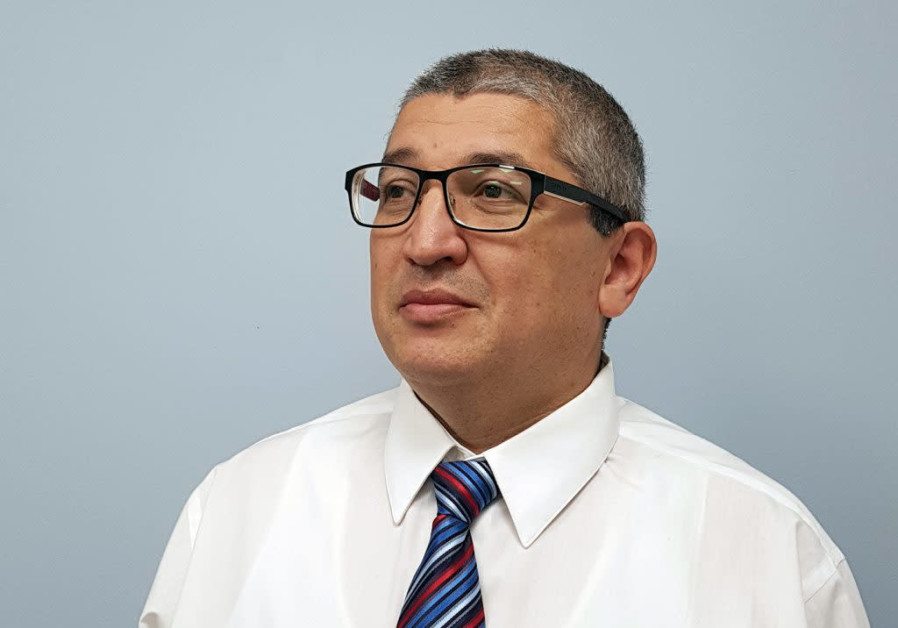Bennett: ‘Exit strategy based on faulty estimation of sick’

The government’s path to exit the nationwide lockdown is based on a faulty estimation of how many people are infected with coronavirus, Defense Minister Naftali Bennett has warned. He told The Jerusalem Post that the measure of success for the exit strategy is based on a false premise, so Israel could be surprised by renewed outbreaks.
“The Health Ministry and National Security Council’s model is based on the number of sick people,” Bennett explained. “This is problematic, because the number of sick people is a function of the number of tests.”
Since the start of the coronavirus crisis, Bennett has been pushing for Israel to test around 30,000 people per day – among the highest per capita of any other country – when the government was only testing around 1,000 people daily. By the end of March, however, Prime Minister Benjamin Netanyahu and the Health Ministry agreed that testing needed to be increased, committing to 15,000 tests per day by mid-April and 30,000 by the end of the month.
Although in recent days the number of daily tests has increased – the Health Ministry reported testing 12,281 people on Sunday and 11,908 on April 16 – on average, less than 10,000 people are being screened for coronavirus per day.
“When we have more tests, we can open the economy in an aggressive way without any danger and without being surprised – and the moment there is an outbreak in a residential building or a school, you can go there [and close it] and not the whole city,” Bennett said.
Yacob Ofer, president of Gamidor Diagnostics, a medical diagnostic company that has been providing testing systems, reagents and services to clinical laboratories and hospitals since the mid-1980s, said, “We are very optimistic that we could do a lot of checks and let everyone out.”

However, he said that performing 30,000 daily tests would likely only be realistic by sometime in May – a month after the prime minister committed to doing so.
The company has been at the forefront of the battle against coronavirus, working closely with the Health and Defense ministries. It helped procure the test kits and machines that are needed to test and interpret their results.
It’s daughter company, Savyon Diagnostics, which manufactures and markets diagnostic solutions for the detection of infectious diseases and for genetic screening, has recently started creating some of the missing reagents needed to develop the standard PCR tests being taken in Israel.
“If there is a shortage again in the future,” explained the company’s joint general manager Maya Jacobs, “we can help fill the gap.”
She said, however, that there are multiple types of reagents used for testing and some of them are patent protected, so in those cases Israel will still have to rely on international partners.

One of those partners is the Swiss diagnostic manufacturer Roche, for which Gamidor is the company’s sole representative in Israel.
Roche has been integral in allowing the country to increase testing. Jacobs said that when Israel realized coronavirus would also spread here, Gamidor quickly contacted Roche, the manufacturer of a system that rapidly develops molecular tests. Israel was able to quickly procure three machines, two of which have been installed in labs and the third which should be usable by later this week.
“The company procured them and then the Air Force went to Germany in the middle of the night and brought them back here,” Jacobs recalled.
The instrument can process a test in one step and spit back a positive or negative answer to whether a person is infected. They process around 1,500 tests per machine per day when operating at full 24-hour-a-day capacity.
Gamidor has been providing lab technicians the training needed to operate the systems and Jacobs said that the Health Ministry has ordered two more, but it is unclear when they will arrive in Israel.
Either way, Ofer said the next step is not only to increase testing but rather to move from solely using the standard PCR test, which tests for the presence of the virus in one’s system, but to do serological testing alongside it.
Serological tests identify immunoglobulin M (IgM) and immunoglobulin G (IgG) antibodies. The body quickly produces IgM antibodies for the initial fight against infection. IgG antibodies remain longer in the body, suggesting possible immunity.
“Serological tests let us see if we have the virus but also if we are immune to it,” Ofer explained.

Last week, Roche said it should have a certified antibody test available by early May in countries that accept European CE regulatory standards, and is seeking US Food and Drug Administration emergency authorization for its use in the United States.
Jacobs said the new test could work on the hundred systems that Roche has deployed nationwide in most Israeli hospitals and laboratories, which together are capable of processing 10,000 tests per hour when working at full capacity. She said the test works like any other blood test – and since staff is already trained on using the system, once the test is available it could be implemented in Israel immediately.
There have been more than 20 rapid serological tests that have been developed worldwide – mainly in China – many of which have been found to provide inaccurate results.
However, Roche and a handful of companies, such as US-based Abbott Laboratories and Becton Dickinson and Co., have created more sophisticated serological tests, which are expected to be validated.
Ofer said that, “If we run these tests in conjunction with the molecular test, then we will get a full picture” – and as Bennett explained, “the closures will end.”
As reported by The Jerusalem Post
